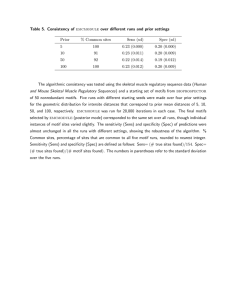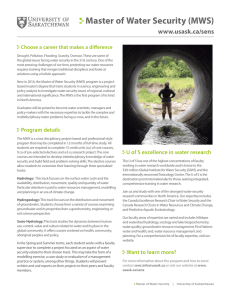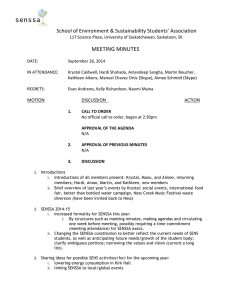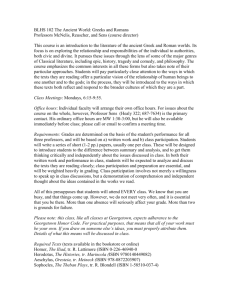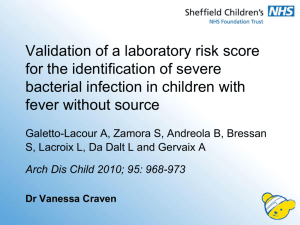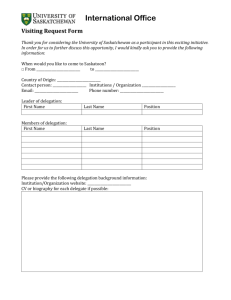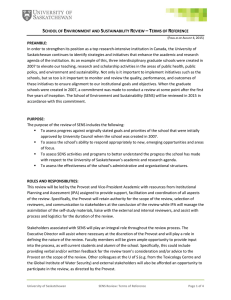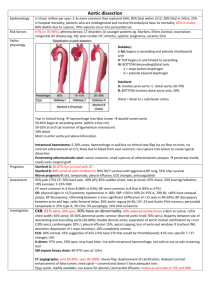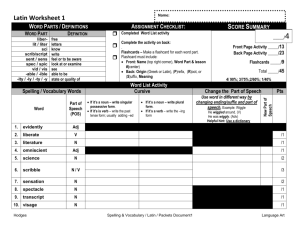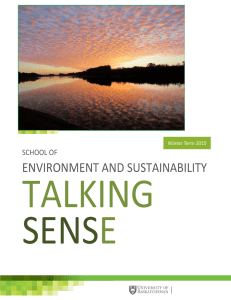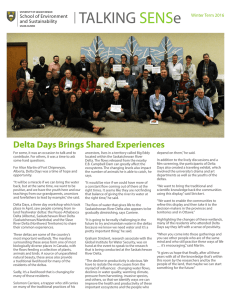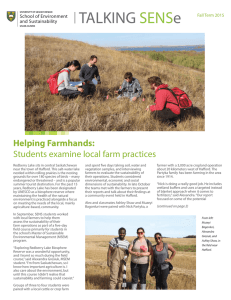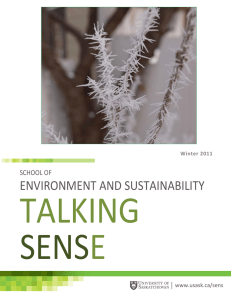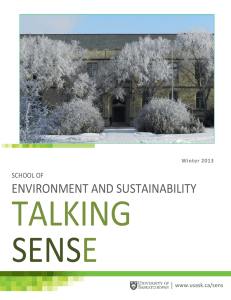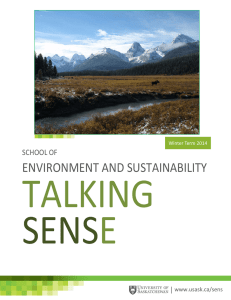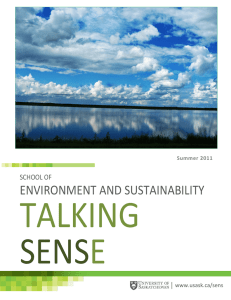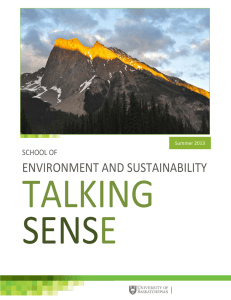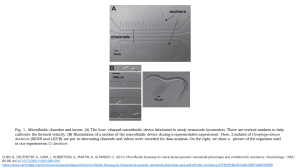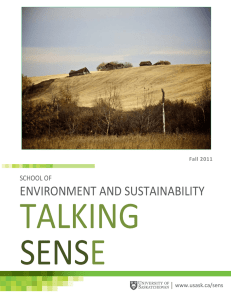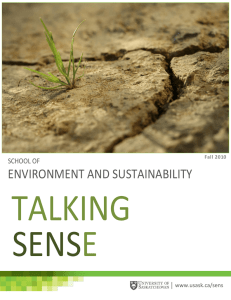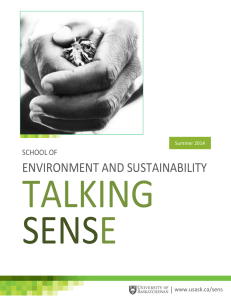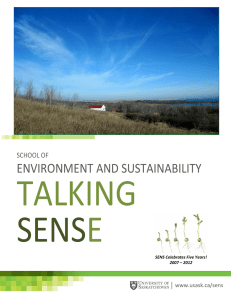Submission to the University’s Third Integrated Plan (2012-2016)
advertisement
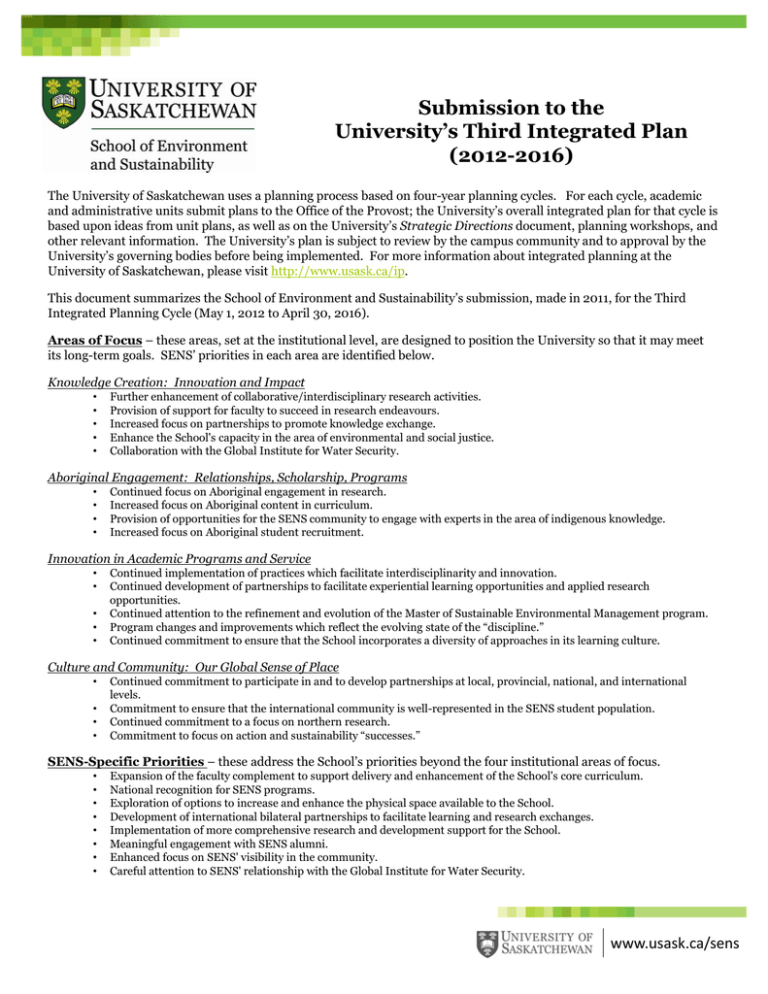
Submission to the University’s Third Integrated Plan (2012-2016) The University of Saskatchewan uses a planning process based on four-year planning cycles. For each cycle, academic and administrative units submit plans to the Office of the Provost; the University’s overall integrated plan for that cycle is based upon ideas from unit plans, as well as on the University’s Strategic Directions document, planning workshops, and other relevant information. The University’s plan is subject to review by the campus community and to approval by the University’s governing bodies before being implemented. For more information about integrated planning at the University of Saskatchewan, please visit http://www.usask.ca/ip. This document summarizes the School of Environment and Sustainability’s submission, made in 2011, for the Third Integrated Planning Cycle (May 1, 2012 to April 30, 2016). Areas of Focus – these areas, set at the institutional level, are designed to position the University so that it may meet its long-term goals. SENS’ priorities in each area are identified below. Knowledge Creation: Innovation and Impact • • • • • Further enhancement of collaborative/interdisciplinary research activities. Provision of support for faculty to succeed in research endeavours. Increased focus on partnerships to promote knowledge exchange. Enhance the School's capacity in the area of environmental and social justice. Collaboration with the Global Institute for Water Security. Aboriginal Engagement: Relationships, Scholarship, Programs • • • • Continued focus on Aboriginal engagement in research. Increased focus on Aboriginal content in curriculum. Provision of opportunities for the SENS community to engage with experts in the area of indigenous knowledge. Increased focus on Aboriginal student recruitment. Innovation in Academic Programs and Service • • • • • Continued implementation of practices which facilitate interdisciplinarity and innovation. Continued development of partnerships to facilitate experiential learning opportunities and applied research opportunities. Continued attention to the refinement and evolution of the Master of Sustainable Environmental Management program. Program changes and improvements which reflect the evolving state of the “discipline.” Continued commitment to ensure that the School incorporates a diversity of approaches in its learning culture. Culture and Community: Our Global Sense of Place • • • • Continued commitment to participate in and to develop partnerships at local, provincial, national, and international levels. Commitment to ensure that the international community is well-represented in the SENS student population. Continued commitment to a focus on northern research. Commitment to focus on action and sustainability “successes.” SENS-Specific Priorities – these address the School’s priorities beyond the four institutional areas of focus. • • • • • • • • Expansion of the faculty complement to support delivery and enhancement of the School's core curriculum. National recognition for SENS programs. Exploration of options to increase and enhance the physical space available to the School. Development of international bilateral partnerships to facilitate learning and research exchanges. Implementation of more comprehensive research and development support for the School. Meaningful engagement with SENS alumni. Enhanced focus on SENS' visibility in the community. Careful attention to SENS' relationship with the Global Institute for Water Security. www.usask.ca/sens
